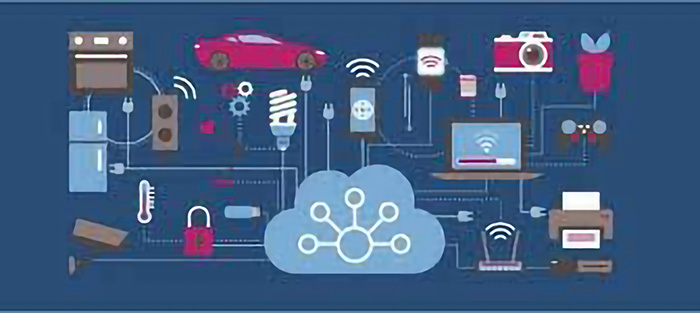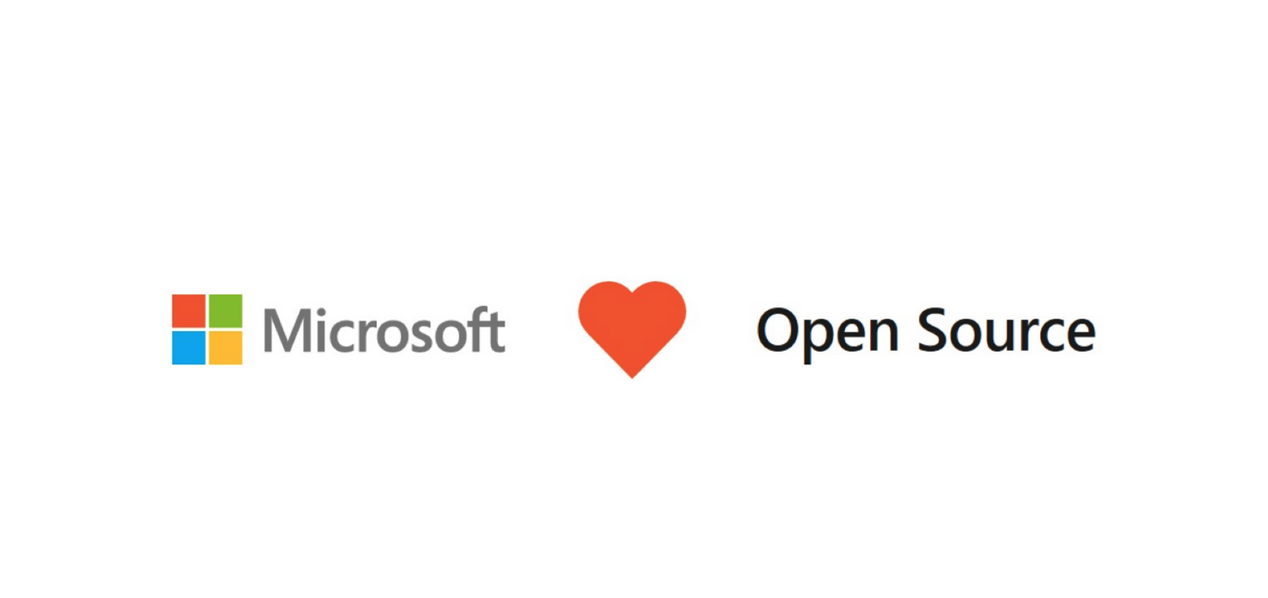I remember back when at the dawn of the Internet how much fun it was to go online and discover what was there and how to tap into information that previously was not easy to obtain. For example, my university was one of the first American campuses that gave students free email and access to college and sports news, faculty updates and the student newspaper. It was an amazing feeling to have such information easily available at one’s fingertips AND be able to send this thing called an email to share my sense of discovery with friends.
In those days, it seemed everyday something new sprung up online. Discovery about what was online and how connecting people with information was new, free-spirited and fun.
Somewhere along the line, it all changed: I went from discovery to search. Searching for the information I needed to complete a task, connect people, and even communicate. And all via the way an algorithm somewhere predicted how people to be productive. What a disappointment.
I actually remember when using the verb ‘to Google someone” was fun; now it is a chore to find the meaning let alone what I am looking for. When was the last (or first time) you “Bing’d” someone? Information overload indeed and definitely a poor substitute for power of the internet.
In his article, industry observer and writer Om Malik talks about moving from the ‘search’ phase of the online world into the ‘discovery’ phase. Different social platforms like Pintrest and Gentlemint are illustrating how connected devices are creating new opportunities for discovery and meaningful connection between people sharing common interests.
I find this very exciting since it takes us beyond a static (and tiring) experience of searching for information into one where we are dynamically sharing information, thoughts and opinions. Discovering again, how the power of the web age can and should be meaningfully connecting us vs. taxing us to be gigantic filters of the googolplex of data is my hope for where discovery tools and software need to support the idea of work in the 21st century.
How do you deal with information overload? What tools do you use to balance discovering new, valuable content with your personal productivity in a world where technology has given us too much choice?




-png-2.png)
